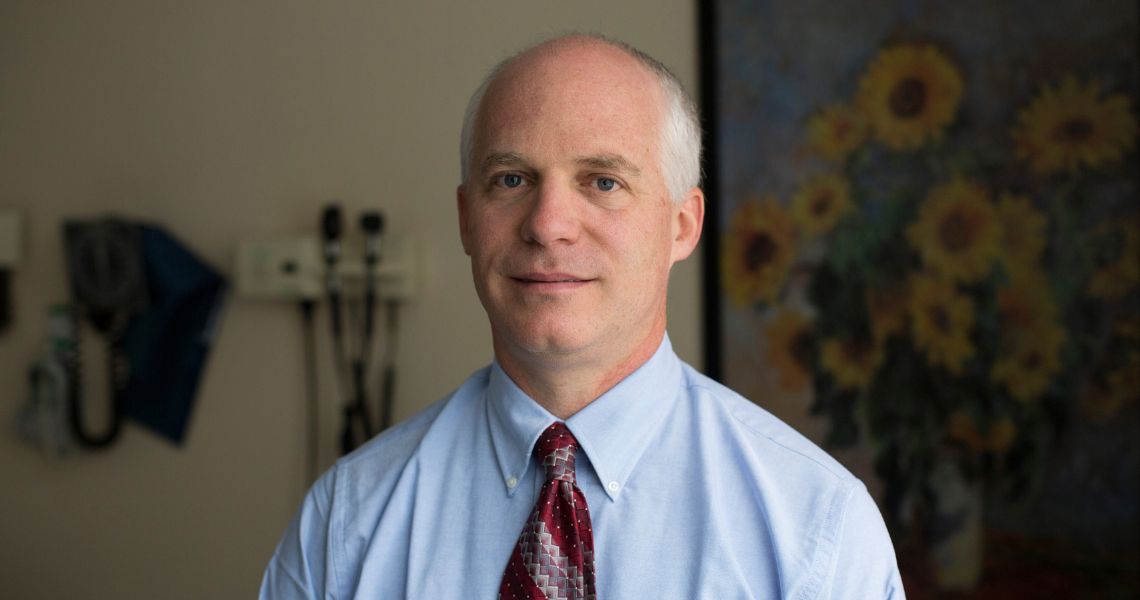Air quality in the Washington, D.C. area is unusually poor, and while it may be invisible some days, the threat is still there. Daniel Baram, MD, associate professor of medicine at the George Washington (GW) School of Medicine and Health Sciences (SMHS) and division Director of Pulmonary Medicine at the GW Medical Faculty Associates (MFA) discusses what to do if your area is experiencing poor air quality.
Q. What does this mean for the average person?
Baram: This level of air pollution is unusual for our area, especially this early in the year. People may not be aware how sensitive they are to this exposure and even healthy people should be cautious. Air pollution can trigger asthma and COPD exacerbations and likely we will see an increase in the number of patients needing to see their physicians or go to the Emergency Room.
Q. What should the average healthy person do to stay safe while the air quality is so bad?
Baram: The health departments and federal government are monitoring the situation and putting out daily updates with the air quality. A color code is assigned. You can see this on local news channels and on the internet. Along with the color system are recommendations about limiting outdoor exposures. As the air quality deteriorates, we should all minimize our time outside as able. Wearing an N95 is useful to limit exposure when you need to be outside.
People who are sensitive to the pollution should be especially careful. When indoors, please keep your windows closed and limit circulation of outside air into the home. If you don’t have access to air conditioning, it may be necessary to find an alternative place to sleep, especially if the air quality is bad on a very hot day.
Q. If someone has an upper respiratory issue, what should they do?
Baram: If you feel that you are being affected by the air quality:
- Stay indoors
- Wear a mask
- Use an air purifier and keep your windows closed
- If you feel short of breath or you have an exacerbation of your pulmonary status, you may need to go to the Emergency Room
To make an appointment with a pulmonary specialist call 202-741-3540 or visit GW Pulmonology for more information.



